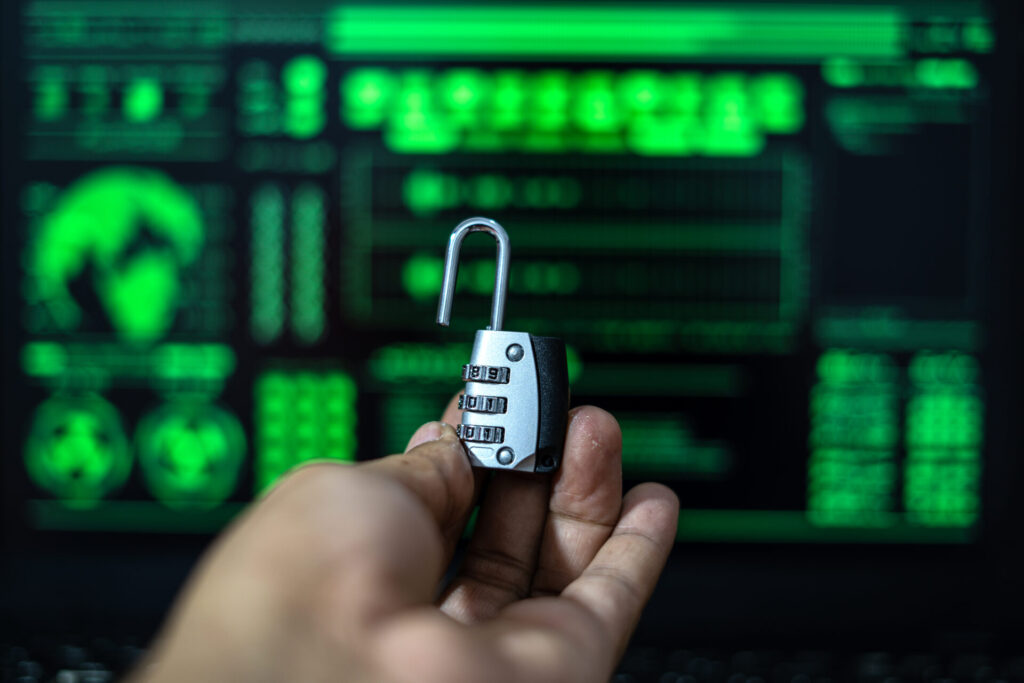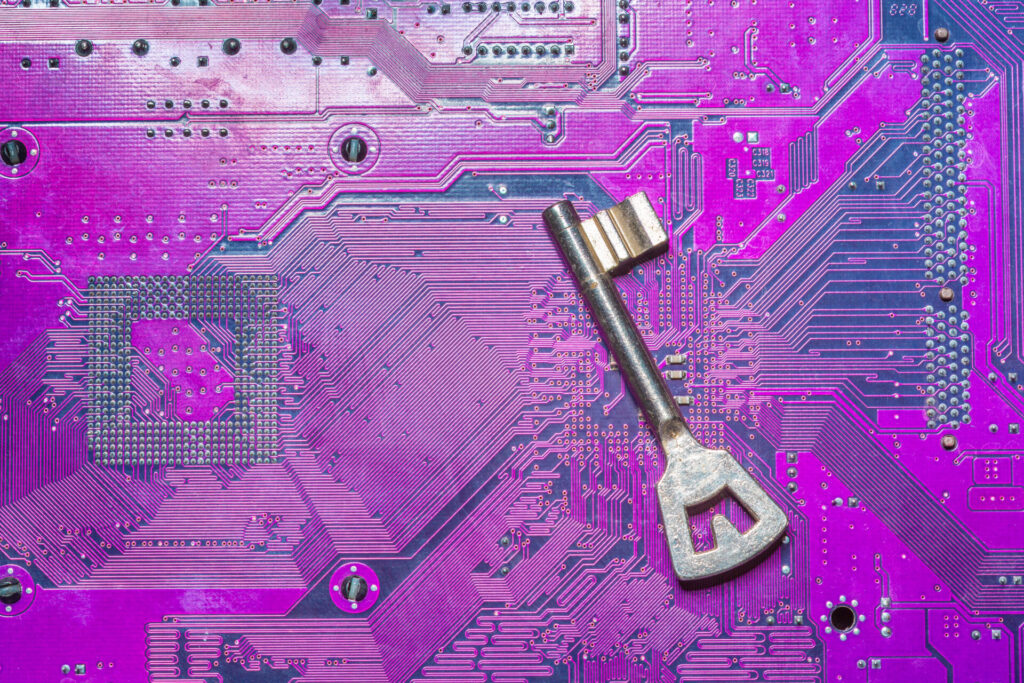
In today’s digital age, securing the authenticity and integrity of documents is more crucial than ever, especially for notaries public. Digital signatures have emerged as a reliable solution to ensure that documents are not tampered with and that the identity of the signer is verified. This article delves into the concept of digital signatures, their significance, and their application in the field of e-notarization, specifically within the state of California.
Basics of Digital Signatures

Defining Digital Signatures and Electronic Signatures
A digital signature is a subset of electronic signatures, distinguished by its use of cryptographic techniques to secure and validate the authenticity of a signed document. While electronic signatures can include any electronic method of signifying agreement, such as a scanned handwritten signature or a typed name, digital signatures are more advanced. They employ cryptography, a branch of information technology dedicated to secure communication, to create a unique signature for each document.
Importance of Cryptography in Digital Signatures
Cryptography underpins the security of digital signatures. By converting information into a secure format, cryptography ensures that only authorized parties can access or alter the data. In the context of digital signatures, cryptography creates a unique, coded message that verifies the signer’s identity and ensures the document’s integrity. This secure approach is essential in preventing fraud and ensuring the trustworthiness of digitally signed documents.
Public Key Infrastructure (PKI)

Understanding the PKI Framework
Public Key Infrastructure (PKI) is the foundational framework that supports the creation and verification of digital signatures. PKI involves the issuance of digital certificates, which contain a pair of cryptographic keys: a public key and a private key. This system ensures that digital signatures are both secure and verifiable.
Roles of the Private Key and Public Key
The private key is a confidential key held by the certificate holder—in this case, the notary public. This key is crucial for creating a digital signature, as it generates a unique, coded message that is embedded in the document. If the private key is compromised, anyone with access to it can forge signatures, making its security paramount.
The public key, in contrast, is openly accessible and is used to verify the digital signature. When a document is signed using the private key, the corresponding public key can be used to confirm that the signature is valid and that the document has not been altered since it was signed. This dual-key system ensures that even if the public key is widely distributed, the integrity and authenticity of the digital signature remain intact.
Creating and Verifying Digital Signatures

Process of Creating a Digital Signature
Creating a digital signature involves several steps. First, the document to be signed is run through a cryptographic algorithm using the private key. This process generates a unique, coded message known as the digital signature. This signature is then attached to the document, ensuring that any subsequent alterations to the document will render the signature invalid.
The software used for creating digital signatures integrates both the document and the private key in its algorithm. This ensures that the signature is uniquely tied to both the document and the signer’s identity. As a result, any changes to the document after signing will break the cryptographic link, signaling that the document has been tampered with.
Verification Using the Public Key
Verifying a digital signature is a straightforward process involving the public key. When a digitally signed document is received, the recipient uses the public key to check the digital signature. The public key decodes the signature, verifying that it was indeed created by the corresponding private key and that the document has not been modified since it was signed.
This verification process is crucial in maintaining the trustworthiness of digital signatures. It ensures that the document was signed by the legitimate holder of the private key and that the contents of the document are exactly as they were at the time of signing. This capability makes digital signatures a powerful tool in preventing document forgery and ensuring the integrity of digital transactions.
Benefits of Digital Signatures in E-Notarization

Preventing Forgery
One of the primary benefits of digital signatures in e-notarization is their ability to prevent forgery. The use of cryptographic techniques ensures that only the holder of the private key can create a valid digital signature. This security measure makes it extremely difficult for unauthorized parties to forge documents, thereby protecting the integrity of notarized documents.
Verifying Signer’s Identity and Document Integrity
Digital signatures also enhance the verification process by confirming both the identity of the signer and the integrity of the document. The public key can verify that the document was signed by the private key holder, ensuring that the signer’s identity is authenticated. Additionally, the cryptographic link between the digital signature and the document ensures that any alterations to the document after signing will invalidate the signature, highlighting any tampering attempts.
Legal and Regulatory Compliance
In California, the use of digital signatures is governed by specific legal and regulatory requirements. Notaries public must use approved digital signature providers to ensure compliance with state regulations. These providers are listed on the California Secretary of State’s website, ensuring that notaries have access to secure and reliable digital signature solutions. Adhering to these regulations not only ensures the legal validity of notarized documents but also enhances the overall trust in digital transactions.
Conclusion
Digital signatures play a crucial role in enhancing document security and preventing forgery in the digital age. By leveraging cryptographic techniques and the Public Key Infrastructure framework, digital signatures provide a secure and reliable method for verifying the authenticity and integrity of signed documents. For notaries public in California, understanding and utilizing digital signatures is essential for ensuring the trustworthiness of e-notarizations. Embracing this technology not only enhances security but also ensures compliance with legal and regulatory requirements. For more information on approved digital signature providers, visit California’s Approved Certification Authorities.
